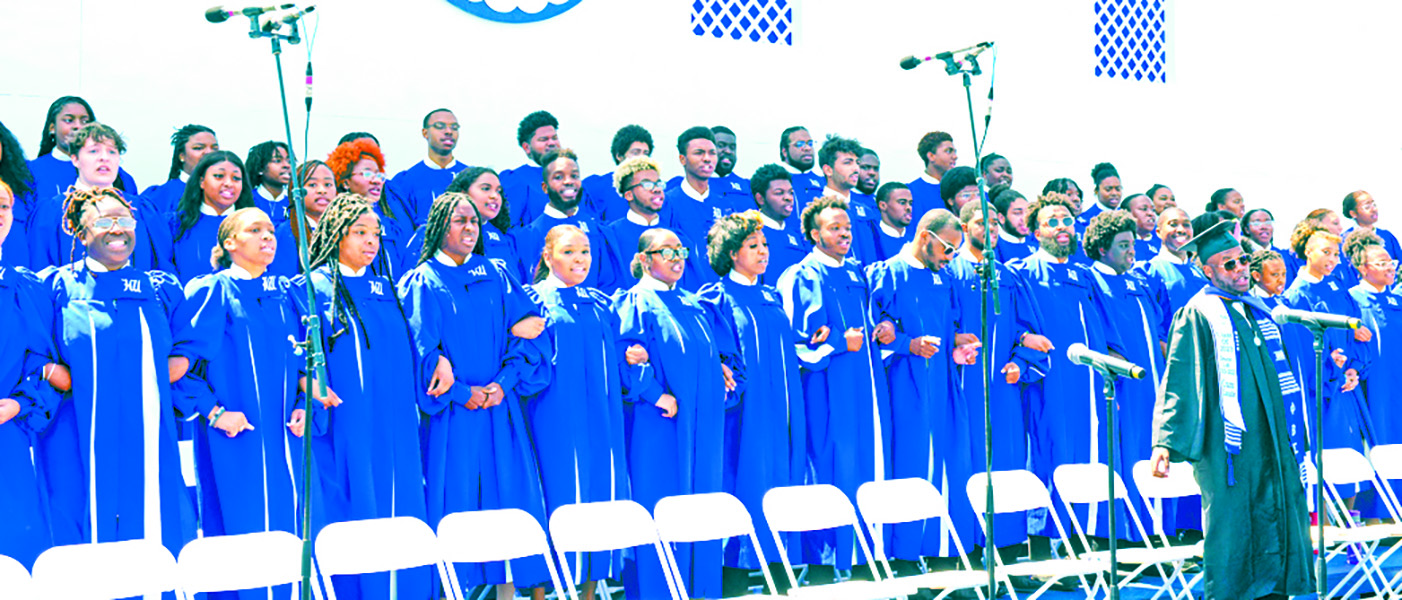Black Arts and Culture
Summer Traveling: “Clotilda: The Exhibition” Opens In Mobile, Ala., July 8

MOBILE, AL.
Juneteenth seems an appropriate day to announce that tickets to Africatown Heritage House, the site that will be home to “Clotilda: The Exhibition” and share the long-untold story of the last known slave ship to arrive in the United States, are now available on Clotilda.com.11
The facility will officially open to the public on Saturday, July 8 … timed to the 163rd anniversary of the day that 110 Africans were illegally brought into the United States, then sold at locations throughout Alabama.
The exhibit, which is a site of the History Museum of Mobile, tells a big story in a small space. It’s an area that’s not so much larger than the ship that transported the 110 back in 1860 – 52 years after international slave trade became illegal – and then was burned and sunk to cover up the crime that had been committed. How the group survived and went on to create the only community established and governed entirely by African-born Americans is a story that has long needed to be shared. Now it finally will be.
Due to space limitations, tickets for Clotilda: The Exhibition are timed and should be reserved online in advance of a visit. Tickets can be purchased up to 60 days in advance. Guests are strongly encouraged to reserve their tickets online so they’re ensured a time slot to view the exhibit on their preferred day.
Effective July 8, Africatown Heritage House will be open Tuesdays through Saturdays, from 10 a.m. to 5 p.m.
Admission is $15 for adults; $9 for guests ages 65 or more, students age 18 or more with a valid school ID, and active or retired military with ID; $8 for children ages 6 to 18; free for children 5 and under; and free for Mobile County residents with proof of residency (though donations are encouraged). Everyone – including those with free admission – must hold a timed ticket.
This is a brief history of the Clotilda and its survivors:
Under the cover of night in the summer of 1860, a ship carrying 110 Africans slipped into Mobile Bay. The Clotilda, the last known U.S. slave ship, made its illegal voyage 52 years after the international slave trade had been outlawed. (Though it was illegal to bring enslaved people into the United States, domestic slavery itself remained legal until 1865.)
Upon arrival in Alabama, the 110 captives were offloaded into the marshes in the delta of the Mobile River. To conceal his crime, the man who had arranged the transfer ordered the boat burned and sunk. After hiding the enslaved Africans in the wilds of the Mobile Delta, he divided and sold them at locations throughout Alabama.
When slavery was abolished in 1865, the 110 dreamed of returning to Africa but did not have the financial means to get there. About a third of them pooled their limited resources to purchase land and transform it into an independent community they called “Africatown.”
There they maintained their African identities; continued to speak their native languages; established their own set of governance; and built churches, schools and businesses based on what they knew from their homeland. In the ultimate demonstration of resilience, they created their own world on the northern end of Mobile. In the late 19th century, this was the only community established and governed entirely by African-born Americans.
In 2019, the remains of the shipwreck were identified at the bottom of the Mobile River, providing irrefutable proof of a 160-year-old crime. The sunken Clotilda also offers a tangible link to the 110, making their descendants a rarity among the millions of African-Americans who long for specific details about when and how their ancestors were forcibly brought into the United States.
“Clotilda: The Exhibition” will focus on 110 men, women and children, whose stories are shared through a combination of interpretive text panels, documents and artifacts, including some pieces of the sunken ship scientifically verified to be the Clotilda.














